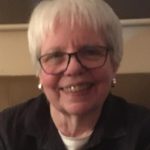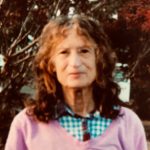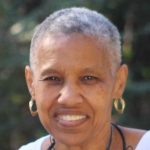
Voices of MCS
“I do not expect that this recognition [of MCS] will begin in the hierarchical/professional institutions such as universities and medical centers, but rather in grassroots types of settings where people have ongoing contact with people with the problem. The MCS support groups have begun the fight for recognition of this disability.” Pamela Reed Gibson, PhD








In telephone conference calls throughout the year, members of MCS Friends and guest speakers join together to help find ways to manage living with MCS. Calls are held according to a monthly schedule.
Peer-led Support Groups
Sunday support group calls are designed to help answer questions, share experiences, and socialize. The calls are led by volunteer peer facilitators.
Housing Calls
Having a safe place to live is critical to managing MCS, though it is easier said than done. Guidance is provided in calls about building materials, mold, electromagnetic radiation and more with healthy home builders and investigators. Advocates discuss efforts to accommodate people with MCS.
Emotional Support
Helping professionals facilitate calls focusing on our emotional well-being and how we can offer support to each other. They create a safe space for us to share from the heart our inner struggles that are an integral part of MCS.
Faces of MCS
Those of us with MCS often have to advocate for ourselves in order to survive. Faces of MCS is designed to help us communicate more effectively with family, friends, doctors and others in the community. In sharing our own personal stories and learning from guest speakers, we help ease the downward spiral of isolation and raise awareness of this condition.
Guest Speakers
Invited guest speakers address concerns of importance to the MCS commuity. Recent guest speakers include Ann McCampbell, MD, Susan Molloy, Anne Steinemann, PhD, Robert Mayer, PhD, Martha McLaughlin and Oram Miller, BBEC, EMRS.
The Good News and Bad News about MCS
While there is no cure for MCS at this time, members join in teleconference calls to share information on what helps them feel better, including conventional and alternative therapies. We recognize that individual tolerances vary, and that what helps one person may not help, or could even harm, another.
Pain Management Support
Members who struggle with MCS and chronic physical pain are invited to share their experience, including the emotions surrounding the pain. While the intensity and type of pain is different for each individual, members find that they are better able to manage the pain by avoiding isolation and through acceptance.
Meet and Greet
Organizations that provide support for people with chemical injury are invited to discuss their programs and services.
